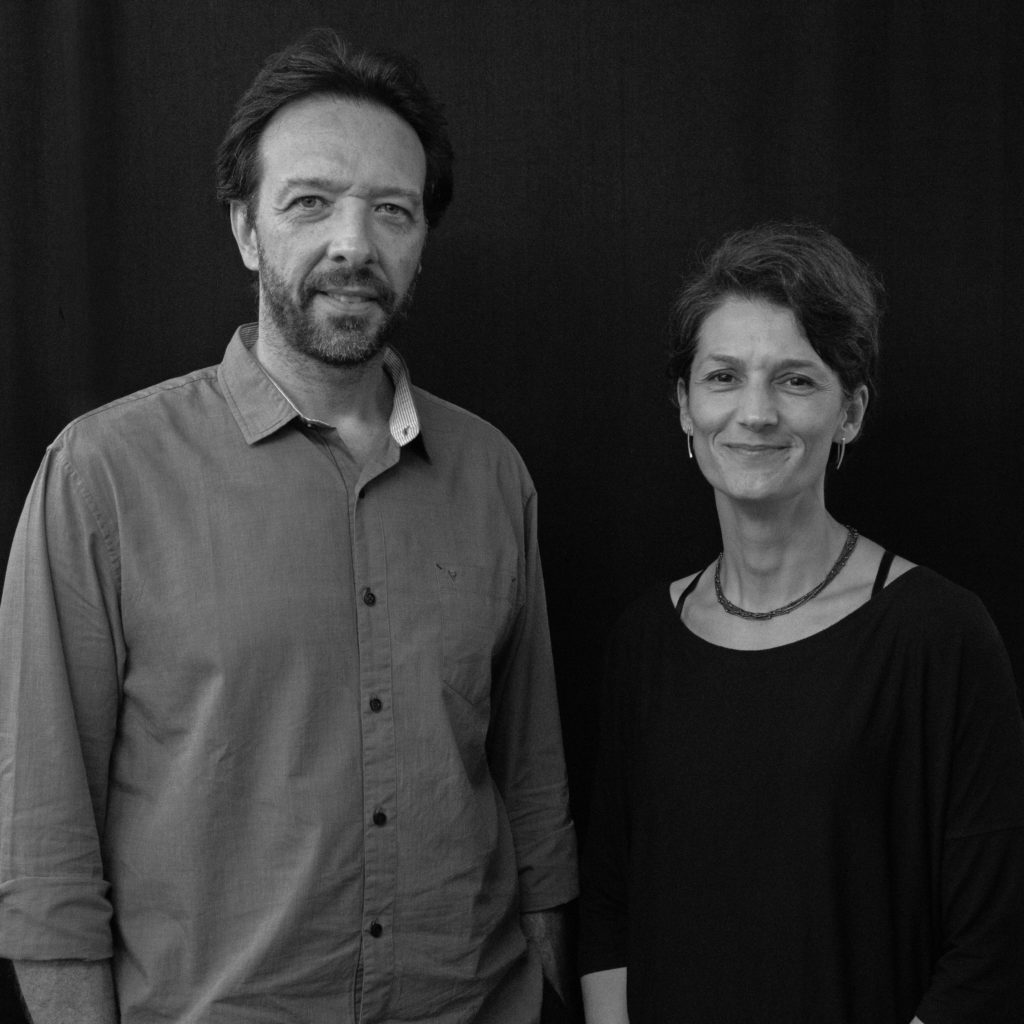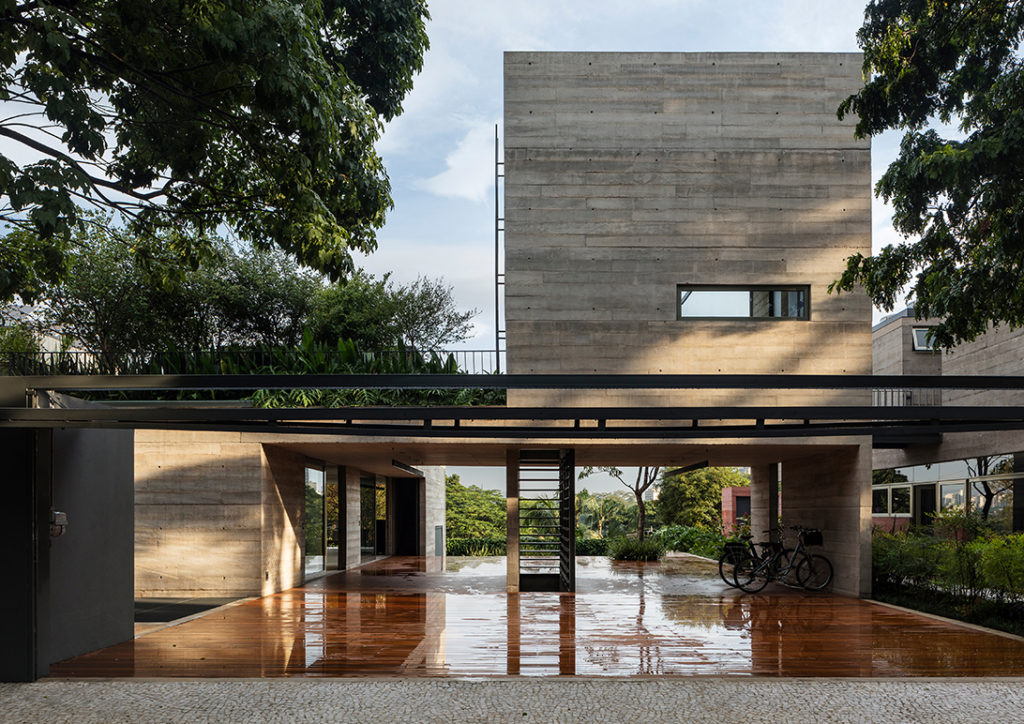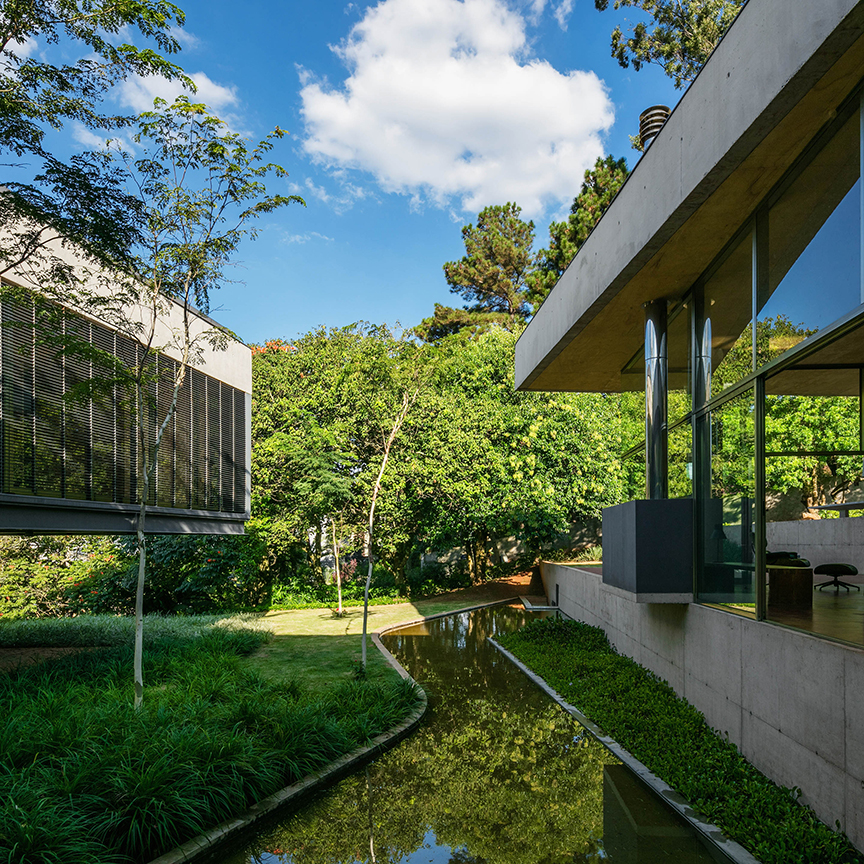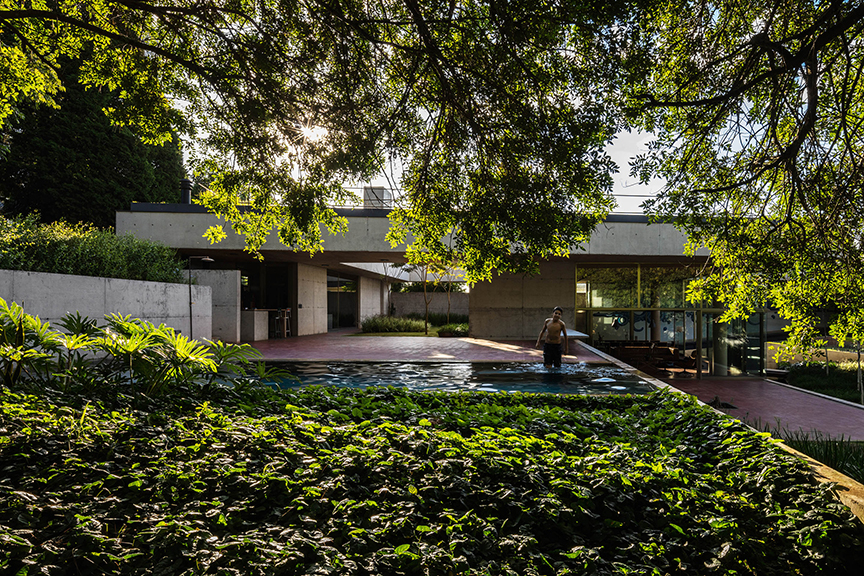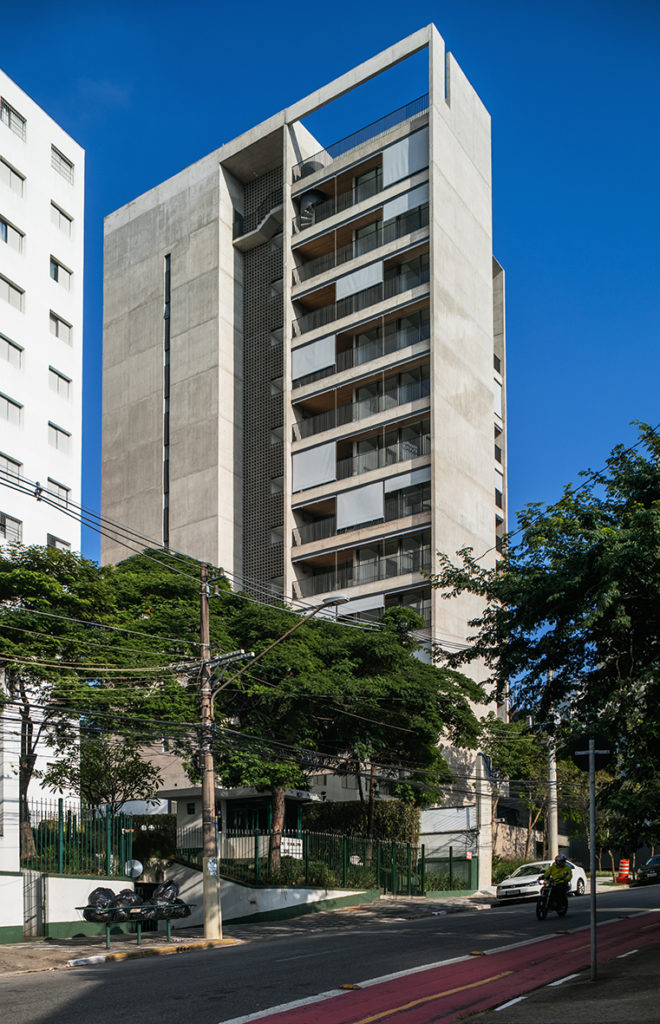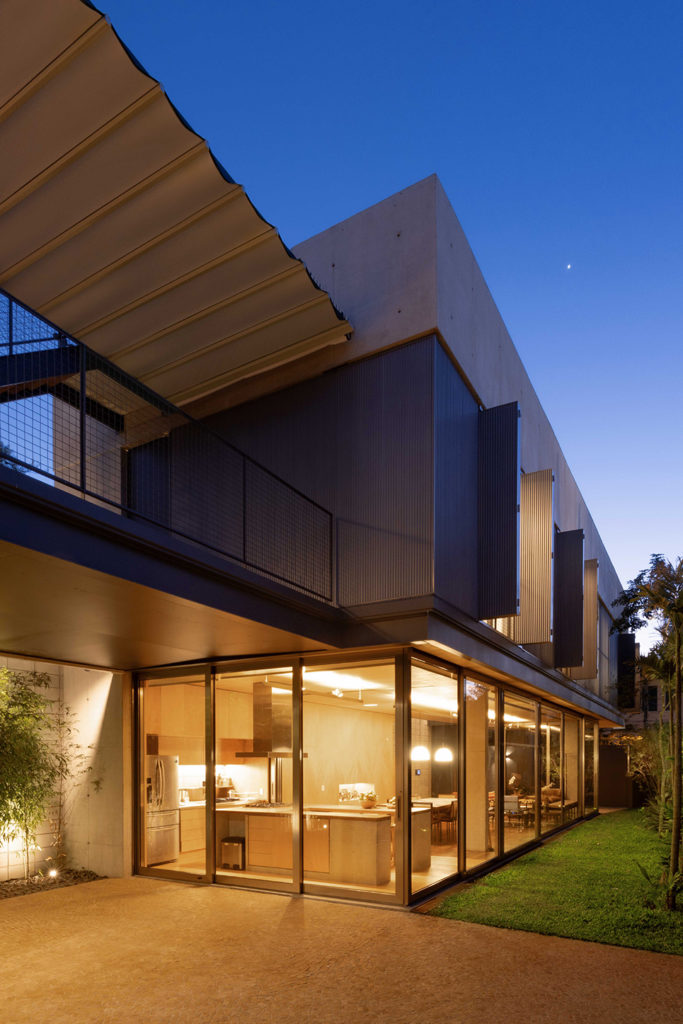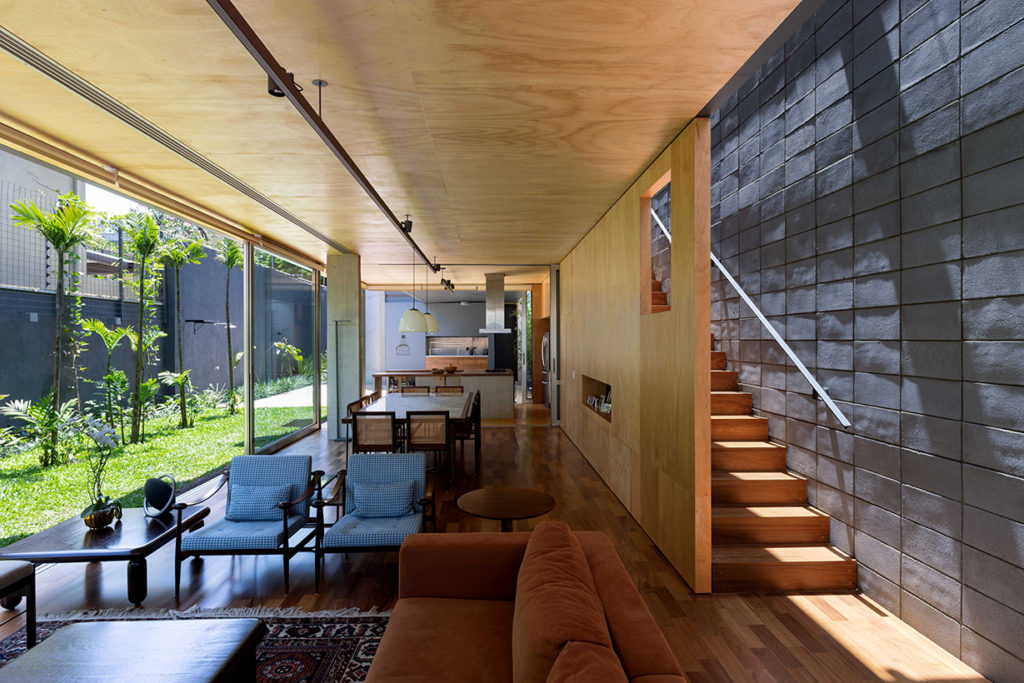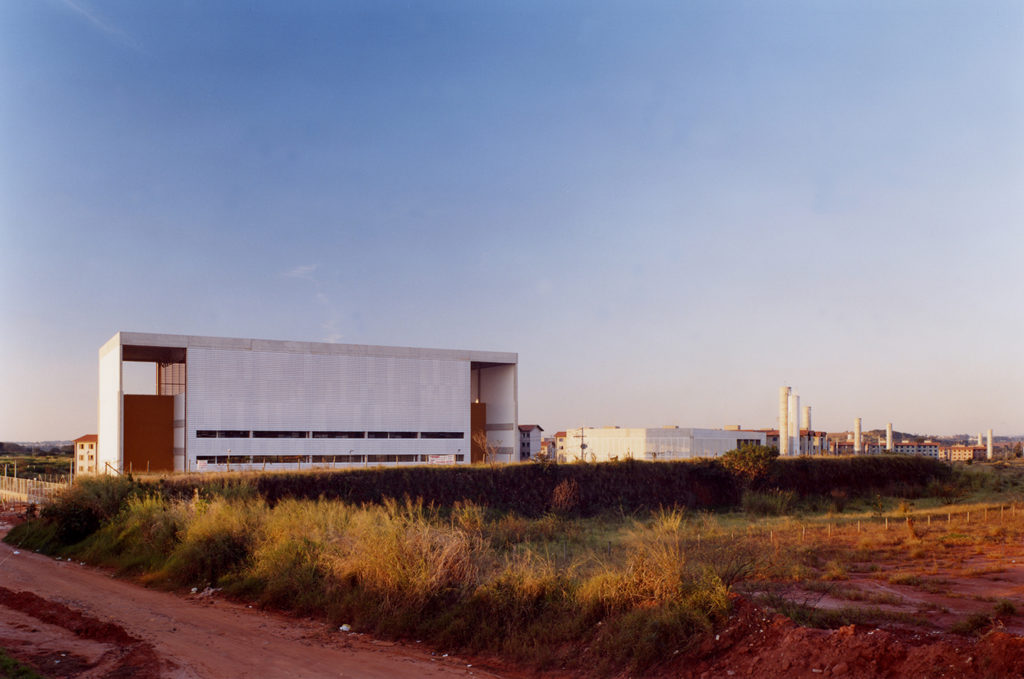UNA MUNIZVIEGAS
UNA MUNIZVIEGAS
UNA MUNIZVIEGAS is an architecture and urbanism design studio based in São Paulo, whose partners are Cristiane Muniz and Fernando Viegas. Both have degrees and master’s degrees from FAUUSP. In 1996 they founded the office Una Arquitetos which developed projects on different scales, from urban plans, transportation and infrastructure projects, schools, museums, cultural centers, as well as housing on diverse scales.
Since 2004 they have been teachers at Escola da Cidade. Cristiane Muniz is the current dean of the school of Architecture and has co-coordinated the post-graduate course Architecture, Education and Society for 5 years. Fernando Viegas is Deputy President of the Institution and since 2010 has been co-coordinating the post-graduate course Civilization America: Geography, City and Architecture. Teaching and its complements with conferences, workshops, seminars are also part of everyday life and increase the architectural practice, supporting applied research.
They received several national and international awards. They participated in exhibitions such as the Venice Biennale, Iberoamerican Biennial, Lisbon Triennale, Biennials in Chile, Ecuador, Bolivia, Argentina. In 2006, they were part of the Coletivo exhibition, with book published by Cosac & Naify. His projects have been published in the world’s leading architecture magazines, such as Projeto, AU, Summa, Plot, Elarqa, Arquine, JA, Architectural Record, Architectural Review, Domus, L’architecture d’aujourd’hui, G.A, 2G, among others.
Architecture and urbanism are collective actions and are understood as dialogue procedure, as a process in which the design language helps in formulating questions, multidisciplinary and collaborative. An opposed idea to imposition. Thus it also poses as investigation, research.
The interpretation of each situation as a method is decisive for the design, unfolding geographic and environmental issues, including historical, social, economic and cultural aspects. They understand work as a reaction to the context. Buildings, as well as the cities, are continually in transformation. They must be able to adapt themselves to who will inhabit them and so they have to age with dignity.
The formal solutions can be diverse and result from this process. As there is no pre-conceived answer, but an ethical framework, each material and constructive process is summoned depending on the circumstance and their juxtaposition is welcome, as long as it is used with technical criteria and precision. Living in a country like Brazil, in the south of the world, with its continental diversity, accentuated by the experience in a megalopolis like São Paulo, influences every decision and permeates these works.
